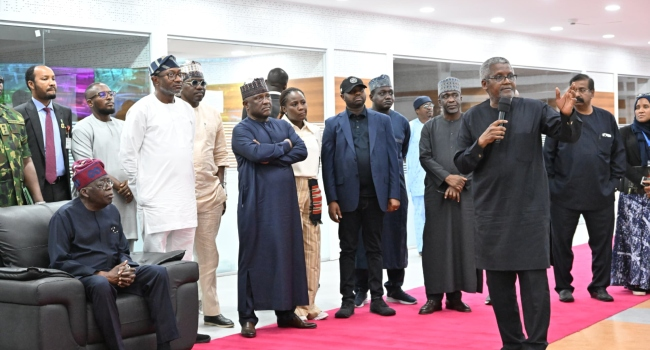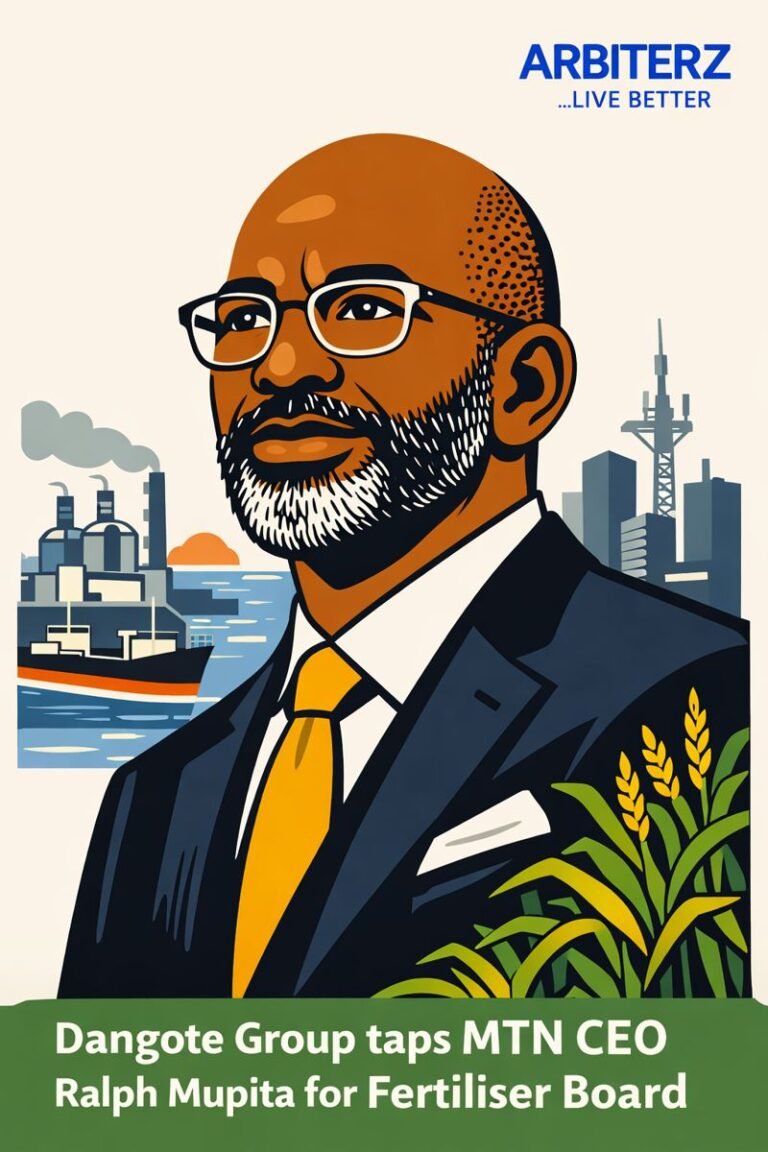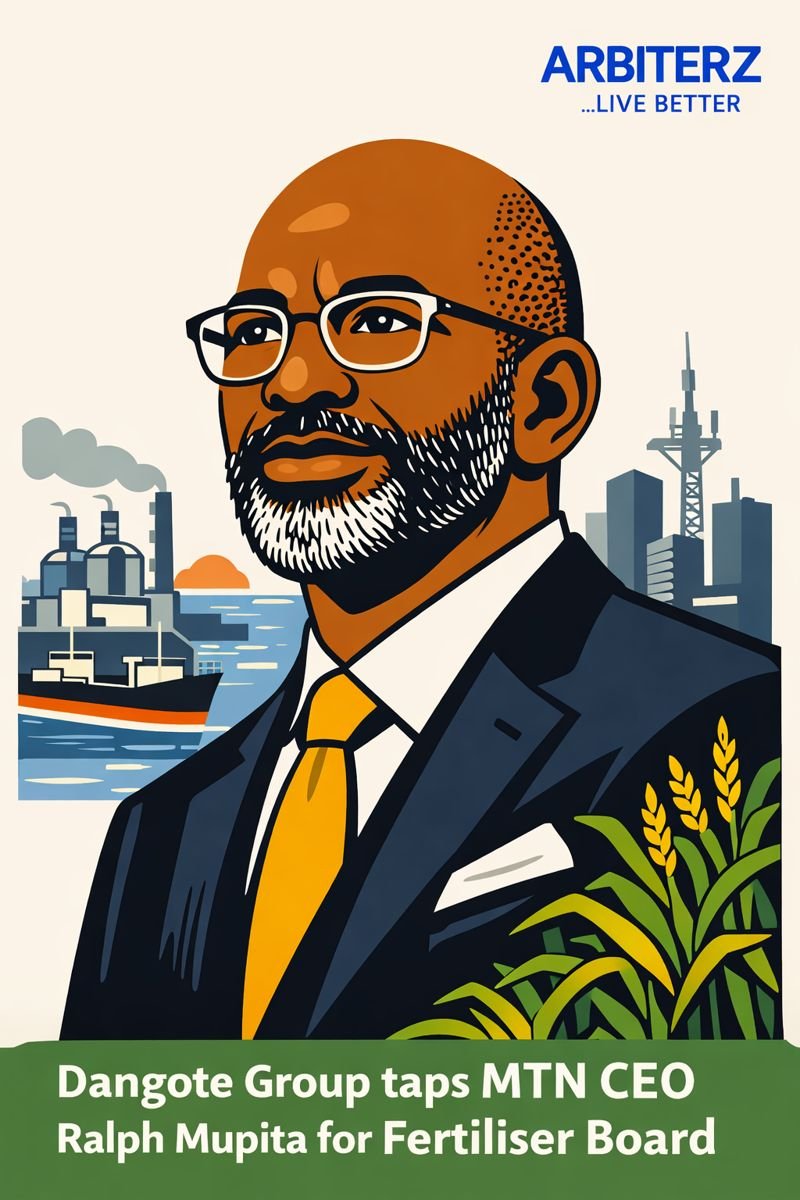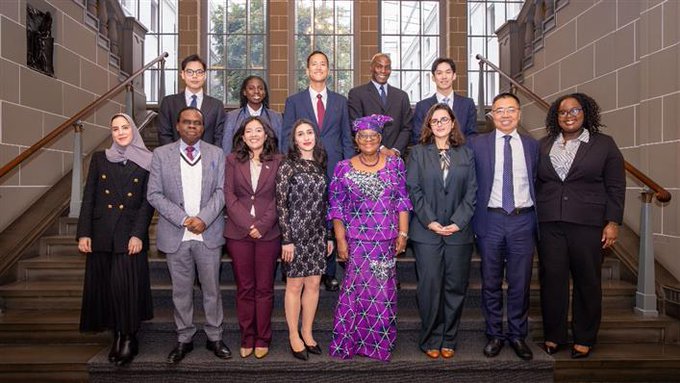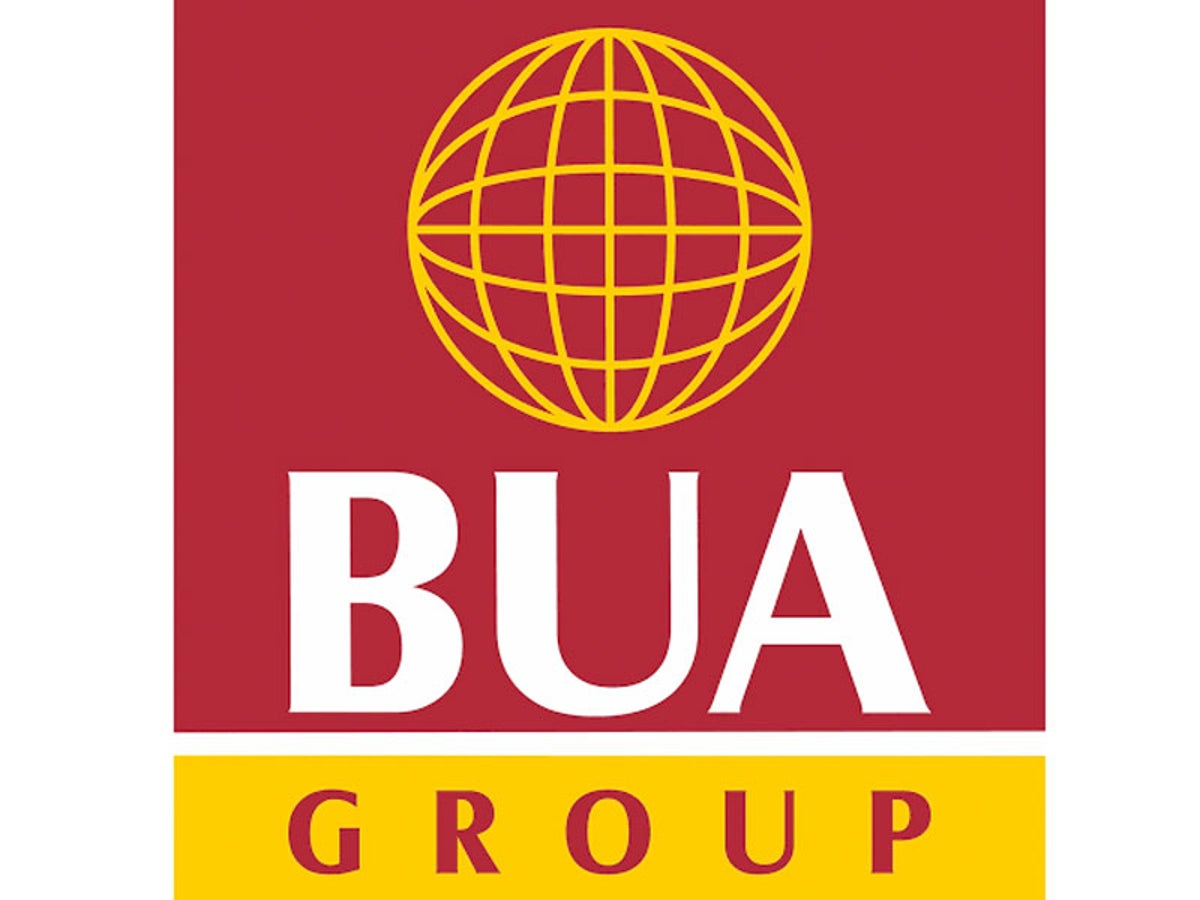At the inauguration of the access road to the Lekki Deep Sea Port, Aliko Dangote, Africa’s leading industrialist, delivered a compelling speech that underscored Nigeria’s path toward economic self-reliance.
Speaking in the presence of President Asiwaju Bola Ahmed Tinubu, Dangote highlighted the transformative potential of the port and its supporting infrastructure as catalysts for industrial growth and job creation.
In his speech, while capturing his support for Tinubu’s “Nigeria First policy,” he asserted that “Importation means import of poverty and export of jobs,” emphasizing domestic production to curb reliance on imports.
Also Read:
- How Much Dangote is Worth and Who Are the Top 5 Shareholders of Dangote Sugar Refinery
- Africa's Richest Man Aliko Dangote Loses $397 Million in a Day Following Dangote Cement…
- NNPC Suspends Naira-for-Crude Deal: Implications for Local Refineries and the Naira's stability
- FG to Maintain Naira-for-Crude Policy to Ease Forex Pressure in Nigeria
According to him, this vision, echoed by President Tinubu’s commitment to economic self-sufficiency, positions the Lekki Deep Sea Port as a cornerstone of Nigeria’s ambition to become a self-sustaining economic powerhouse.
The Nigeria First Policy: A Call for Self-Sufficiency
Dangote’s emphatic support for the “Nigeria First policy” underscores a transformative shift in Nigeria’s economic strategy. He praised President Tinubu’s initiative to prioritize local production and consumption, reducing reliance on foreign goods and services.
“Also commendable is the Nigeria First policy, recently introduced by your administration, which aims to drastically reduce the reliance on foreign goods and services, prioritizing local patronage in investment decision, business operations and consumption business decision and consumption habits. This aligns with our group’s corporate vision of producing what we consume to promote self-sufficiency in meeting the basic needs of our people. Your Excellency, sir, importation means import of poverty and export of jobs.
This further strengthens your Nigeria First vision. Without this, Your Excellency, it would be very, very difficult. We all have to align with this policy, Nigeria First, because in America, they are doing America First.
But here in Africa, you are the first one to say Nigeria First. Your Excellency, this is highly commendable. We are ready to partner with the federal government of Nigeria under your leadership in this regard and in other areas of our national needs.”
By aligning his group’s vision of producing locally consumed goods ranging from cement to refined petroleum products, Dangote positioned his enterprises as a cornerstone of Nigeria’s journey toward self-sufficiency.
According to Dangote, this policy resonates globally, drawing parallels with “America First” strategies that prioritize domestic economies. For Nigeria, it fosters national pride and economic resilience, positioning the country as a pioneer in Africa for championing local industries.
The Lekki Deep Sea Port, a flagship project in the Lekki Free Trade Zone, amplifies this vision. As Nigeria’s deepest port, it enhances local trade capacity, reducing dependence on congested ports like Apapa and Tin Can, and establishes Nigeria as a transshipment hub in West Africa.
By integrating the port with the Dangote Refinery, this infrastructure supports local production, ensuring that goods like fuel and industrial raw materials are produced domestically, further reducing import reliance.
The significance of this alignment cannot be overstated. By prioritizing local patronage, the “Nigeria First” policy creates jobs, stimulates industrial growth, and retains wealth within Nigeria.
Dangote to build a network of eight road projects across Nigeria
Dangote’s speech also highlighted significant infrastructure advancements. The newly commissioned Deep Sea Concrete Road, part of an ambitious 500-kilometer network of eight road projects across Nigeria, represents a N900 billion investment by the Dangote Group.
This includes roads in Borno State linking to Chad and Cameroon, enhancing regional trade connectivity. These projects underscore Nigeria’s commitment to improving logistics, a critical enabler of local production and trade.
Additionally, Dangote announced a transformative milestone in Nigeria’s cement industry.
“By Your Excellency, by next year, when we finish Ituri, Nigeria will be the largest exporter of cement in the entire African continent. Your Excellency, the refinery offers tremendous benefits to our economy and our people. First, beyond ensuring a steady supply of high-quality force for the transportation sector, it also provides critical raw material for a range of industries, including plastics, pharmaceuticals, food, beverages, packaging, construction, and many others.”
This development not only boosts foreign exchange earnings but also cements Nigeria’s leadership in Africa’s construction sector, aligning to produce what the continent consumes.

Naira For Crude, Deal Stabilizing Prices
As outlined in the speech, Dangote praised Tinubu for the continuation of the Naira for crude policy, and how it helping the refinery reduce costs and stabilize the price of crude across the nation.
“On your administration’s most transformative initiatives is the historic Niagara for Crude policy, which stands out as a clear testament to your administration’s commitment to economic recovery and national sovereignty. This bold policy has enabled us, at Demokote Petroleum Refinery, to reduce product prices consistently and guarantee availability for the overall benefit of Nigerians. Your Excellency, I know that some of us here in Nigeria, or some people here in Nigeria, they might think that, yes, petrol at less than 900 Naira is expensive.
But there is no way in West Africa that petrol is not selling above $1, which is $1,600. It has actually also helped significantly in stabilizing the prices of petrol, diesel, jet air, LPG, polypropylene to their lowest level ever. The effect of this development is the stabilization of our currency, a critical element in the development of economic policy and budgeting by businesses.”
Significance of the Lekki Deep Sea Port
The Lekki Deep Sea Port, located in Lagos, Nigeria, is a pivotal infrastructure project that significantly enhances the country’s trade and economic landscape. As Nigeria’s first deep-sea port, it can accommodate large vessels up to 18,000 TEUs, reducing congestion at older ports like Apapa and Tin Can Island, and lowering shipping costs.
Its strategic position within the Lekki Free Trade Zone supports industrial activities, including the nearby Dangote Refinery, fostering economic diversification and job creation. The port’s advanced automation and capacity to handle 1.2 million TEUs annually in its initial phase make it a cornerstone of Nigeria’s maritime modernization, strengthening its role as a regional trade hub for West Africa.
Beyond economic benefits, the port holds geopolitical and strategic importance, positioning Nigeria as a competitive maritime player in West Africa, rivaling ports in Ghana and Togo.
Developed through a public-private partnership involving the Nigerian Ports Authority, Lagos State Government, and investors like China Harbour Engineering Company and Tolaram Group, it reflects significant foreign direct investment and boosts Nigeria’s global trade connectivity, particularly with Asia.
With eco-friendly features like shore power systems, the port aligns with sustainable practices, further enhancing its appeal. As it integrates with regional infrastructure, the Lekki Deep Sea Port is set to drive long-term economic growth and solidify Nigeria’s influence in global trade networks.


